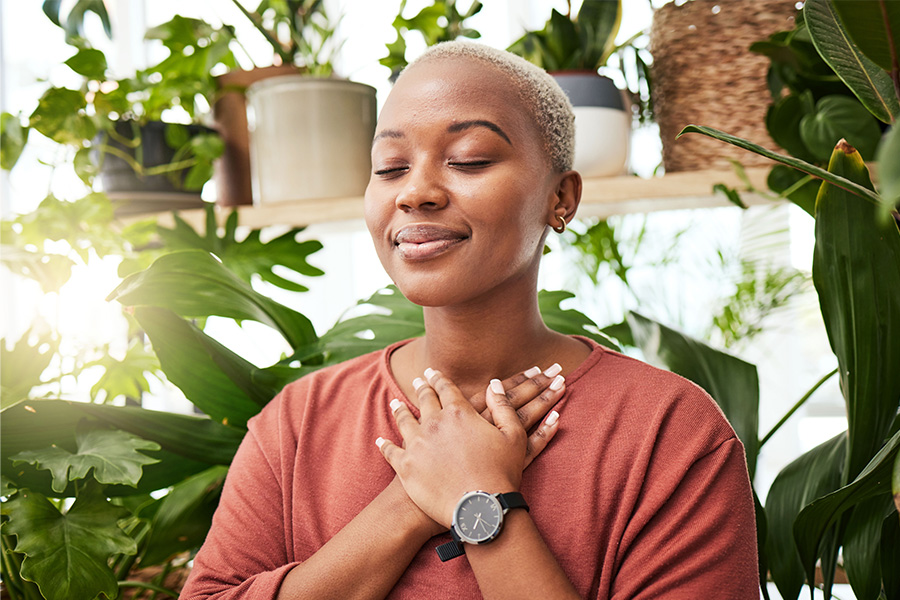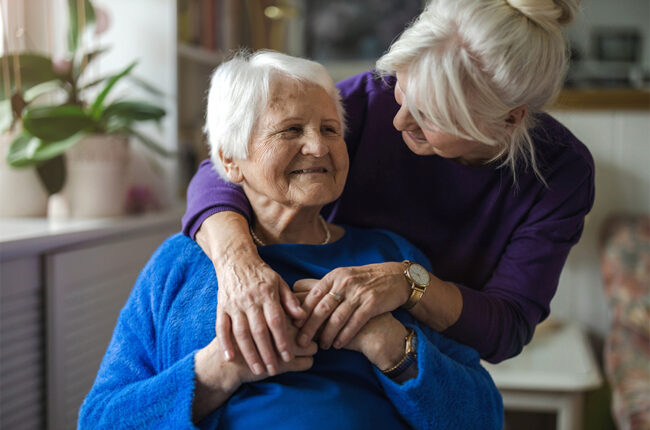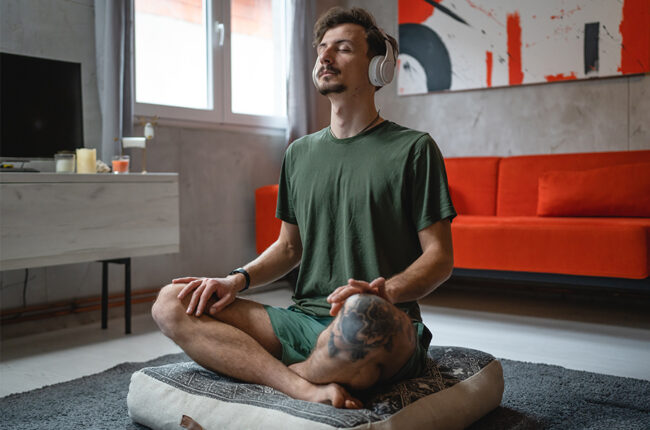The dawning of a new year is often when we think about the things we are grateful for. However, experts reveal actively practicing gratitude can improve our lives year-round.
What is Practicing Gratitude?
Practicing gratitude means saying “thanks” and appreciating everything important to you and good in your life.
Benefits of Practicing Gratitude
According to researchers at the University of California, Davis, gratitude can improve emotional and physical health and help to strengthen relationships. Those who practiced gratitude, they found, regularly reported they:
- Felt generally positive about their lives and optimistic about the future
- Exercised more regularly
- Experienced fewer negative physical symptoms and illnesses
- Were more likely to make progress toward reaching personal, academic, and professional goals
- Felt more alert, energetic, enthusiastic, and attentive
- Noticed improved moods, greater self-esteem, and higher levels of positive emotions
- Had a better sense of feeling connected to others
- Experienced better-quality sleep
- Were more empathetic and more likely to help others
- Experienced less negativity and improved resilience in trying times
Ways to Practice Gratitude
Gratitude can be practiced in a variety of ways, both small and large. Practicing gratitude means saying “thanks” and appreciating what’s important to you. Here are some tips that can help you get started.
- Take time each day to reflect.
- Spend a few minutes at the end of each day and think about, or write down, what you are grateful for that day. This could include people, events, or experiences.
- Take note of the things and moments that bring you joy or make you feel grounded and refer to them in times of stress or anxiety.
- Make time to thank people you know.
- Call or email just to say “thank you.”
- Write a letter to express your gratitude or appreciation.
- Write thank-you notes and say “thank you” when you receive gifts or favors.
- Thank people you don’t know.
- Wave “thank you” when a person lets your car in during heavy traffic.
- Write a letter to the editor of your local newspaper about something a stranger did for you.
- Give thanks for the abilities you have.
- Even if you are feeling burdened by your health, think about things that you are still able to do.
- Start a family ritual of gratitude.
- Give thanks before a meal.
- Share what you are grateful for before going to bed.
- Find creative ways to give thanks.
- Plant a garden of gratitude.
- Take pictures of things you are grateful for.
If we look at each day and all the little moments within it as a gift, our lives will improve in a variety of ways.
Thank you to our content partners at Sharp HealthCare and Healthwise.
The VEBA Resource Center offers Gratitude Meditation classes. You will be guided to focus on the positive in your life: as you open to soak in the good all around you, you naturally align with the state of receptivity and abundance. Great for beginner and advanced experience levels. Check out our calendar to sign up for an upcoming class.









